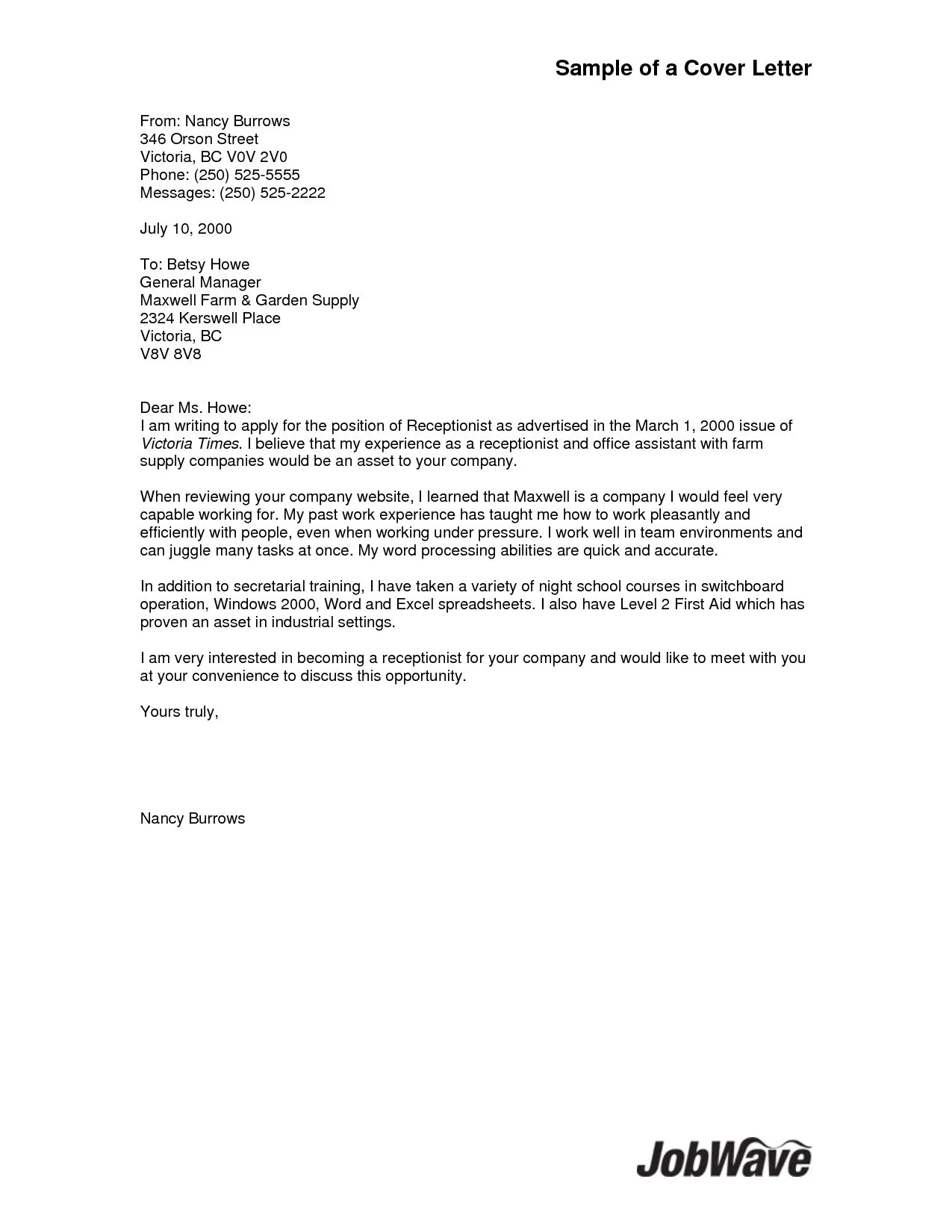Understanding the Power of a Position Cover Letter
In the competitive job market, a well-crafted position cover letter is your secret weapon. It’s not just a formality it’s your first opportunity to make a strong impression on a potential employer. A cover letter allows you to introduce yourself, highlight your relevant skills and experiences, and explain why you’re the perfect fit for the job. Unlike a resume, which provides a factual overview of your background, a cover letter gives you the space to showcase your personality, enthusiasm, and understanding of the role and the company. A compelling cover letter can significantly increase your chances of landing an interview, so taking the time to write a great one is crucial. This is especially important today when many applications are handled by algorithms, a cover letter is an opportunity to show a recruiter who you are as a person rather than as a list of past experiences.
Highlighting Key Achievements
One of the most effective ways to make your cover letter stand out is by highlighting your key achievements. Rather than simply listing your job duties, focus on the results you’ve achieved in previous roles. Use specific examples to demonstrate how you’ve made a positive impact. For instance, instead of saying, “Managed social media accounts,” you could say, “Increased social media engagement by 30% in six months through targeted content and strategic campaigns.” Quantifying your accomplishments with numbers and data makes them more impactful and shows the hiring manager the value you can bring to their company. This approach not only grabs the reader’s attention but also gives them a clear understanding of your capabilities and potential for success in the new role. Remember, employers want to see what you can do for them, and showcasing your achievements is the best way to prove it.
Quantifying Your Accomplishments
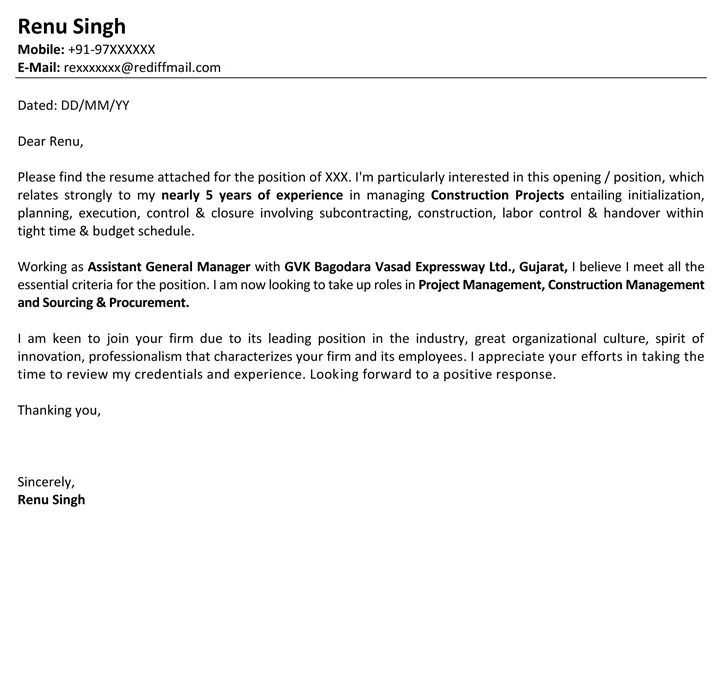
To truly impress a hiring manager, it’s essential to quantify your accomplishments whenever possible. Numbers provide concrete evidence of your impact and make your claims more believable. When describing your achievements, use metrics such as percentages, dollar amounts, or specific results. For example, if you improved sales, state the percentage increase or the total revenue generated. If you reduced costs, specify the amount saved. If you led a project, mention the project’s budget and the timeline. By providing these details, you demonstrate your ability to achieve tangible results and provide clear evidence of your value. This makes your cover letter more persuasive and helps the hiring manager envision the positive impact you could have on their organization. Make it easy for them to see the results that you have produced with your experience and expertise.
Showcasing Relevant Skills
Your cover letter should clearly showcase the skills that are most relevant to the specific job you are applying for. Carefully review the job description and identify the key skills and qualifications the employer is seeking. Then, in your cover letter, provide specific examples of how you have used these skills in the past to achieve positive outcomes. For instance, if the job description mentions project management skills, you can describe a project you led, highlighting your ability to manage timelines, budgets, and teams. This approach demonstrates that you not only possess the required skills but also have practical experience in applying them. Customize your letter for each position, making sure to align your skills and experience with the requirements listed. Doing so increases the likelihood that the hiring manager will see you as a strong candidate.
Tailoring Your Letter to the Specific Role
One of the biggest mistakes job seekers make is sending generic cover letters that are not tailored to the specific role. To stand out, customize your cover letter for each position you apply for. This involves carefully reading the job description and understanding the company’s needs and values. Research the company and show how your skills and experiences align with their requirements. Mention specific aspects of the role or company that excite you and explain why you are a good fit. Avoid using generic phrases or templates, and instead, write a letter that reflects your genuine interest and enthusiasm for the opportunity. Tailoring your cover letter shows the hiring manager that you’ve done your homework and are genuinely interested in the position, which significantly increases your chances of making a positive impression. This also helps demonstrate your attention to detail.
Demonstrating Company Knowledge
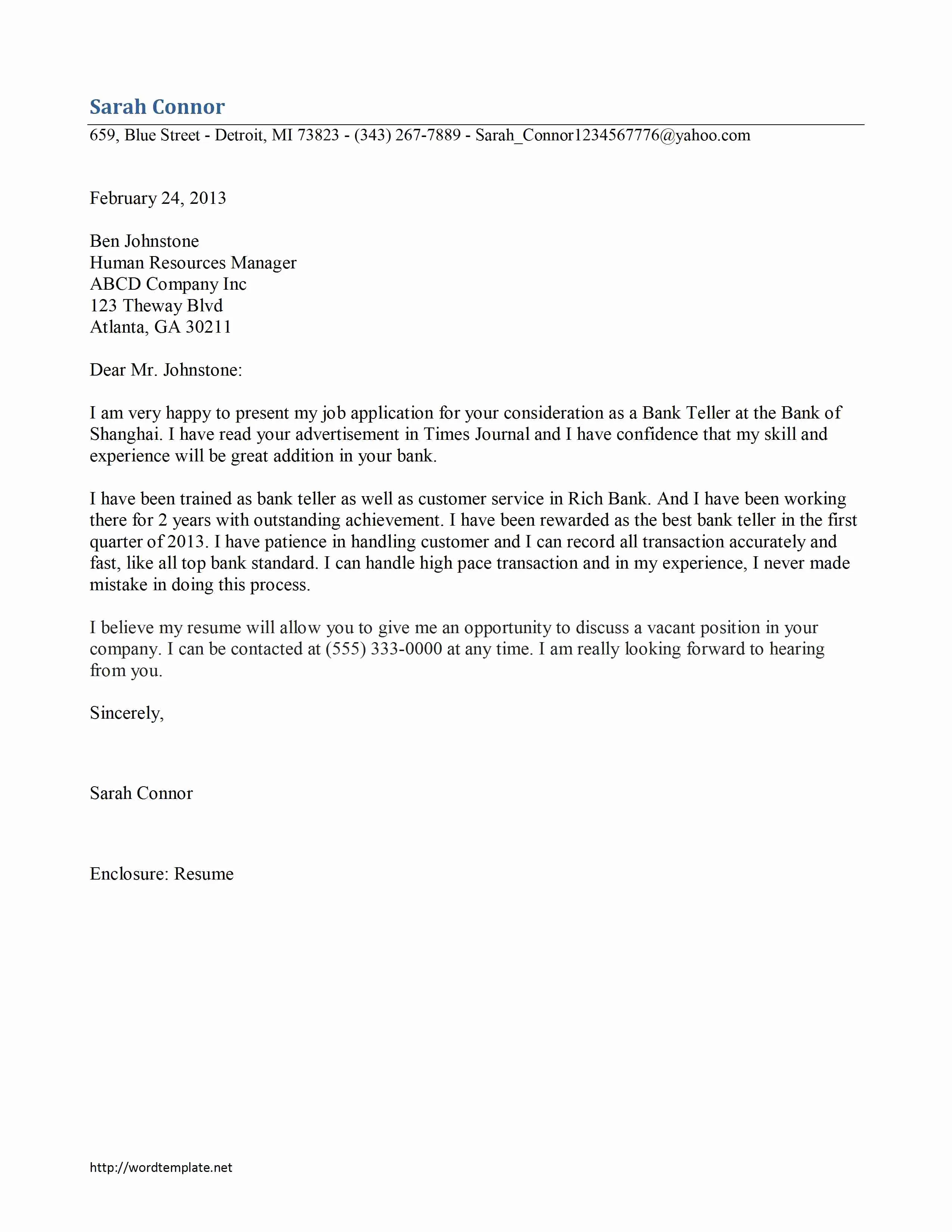
Demonstrating that you’ve done your research on the company is a crucial step in creating a compelling cover letter. Before writing, take the time to learn about the company’s mission, values, products or services, and recent news. This information allows you to tailor your letter and show the hiring manager that you are genuinely interested in the organization. In your letter, mention specific company initiatives or projects that resonate with you and explain why you are excited about the opportunity. You can also highlight how your skills and experience align with the company’s goals. Showing this level of knowledge shows initiative and a sincere interest in the position and the company. Avoid sounding generic, by mentioning specific things that stood out to you when you did your research. This demonstrates your attention to detail and genuine interest.
Using Action Verbs Effectively
Using strong action verbs is essential for creating a dynamic and engaging cover letter. Action verbs help you describe your accomplishments and responsibilities in a concise and impactful way. Instead of using passive phrases like “Responsible for,” use active verbs like “Managed,” “Developed,” “Implemented,” or “Led.” This approach not only makes your writing more compelling but also showcases your initiative and ability to take action. Review the job description for keywords and incorporate those verbs to demonstrate how your skills align with the role’s requirements. Be sure to vary your verb choices to keep your writing interesting and avoid repetition. Choosing the right action verbs will help you make a strong impression and demonstrate your capabilities. Make sure the verb used is appropriate for the context.
Formatting and Presentation Matters
The formatting and presentation of your cover letter play a crucial role in making a positive impression. Your cover letter should be easy to read and visually appealing. Use a clear and professional font, such as Arial, Times New Roman, or Calibri, and maintain a consistent font size throughout the document. Structure your letter with clear paragraphs, headings, and bullet points to break up the text and make it easier to scan. Pay attention to your letter’s margins and spacing, making sure everything is aligned and well-organized. Always include your contact information at the top, and address the hiring manager by name if possible. A well-formatted and presented cover letter shows attention to detail and professionalism, demonstrating that you take the job application seriously and are willing to put in the effort.
Ensuring a Professional Tone
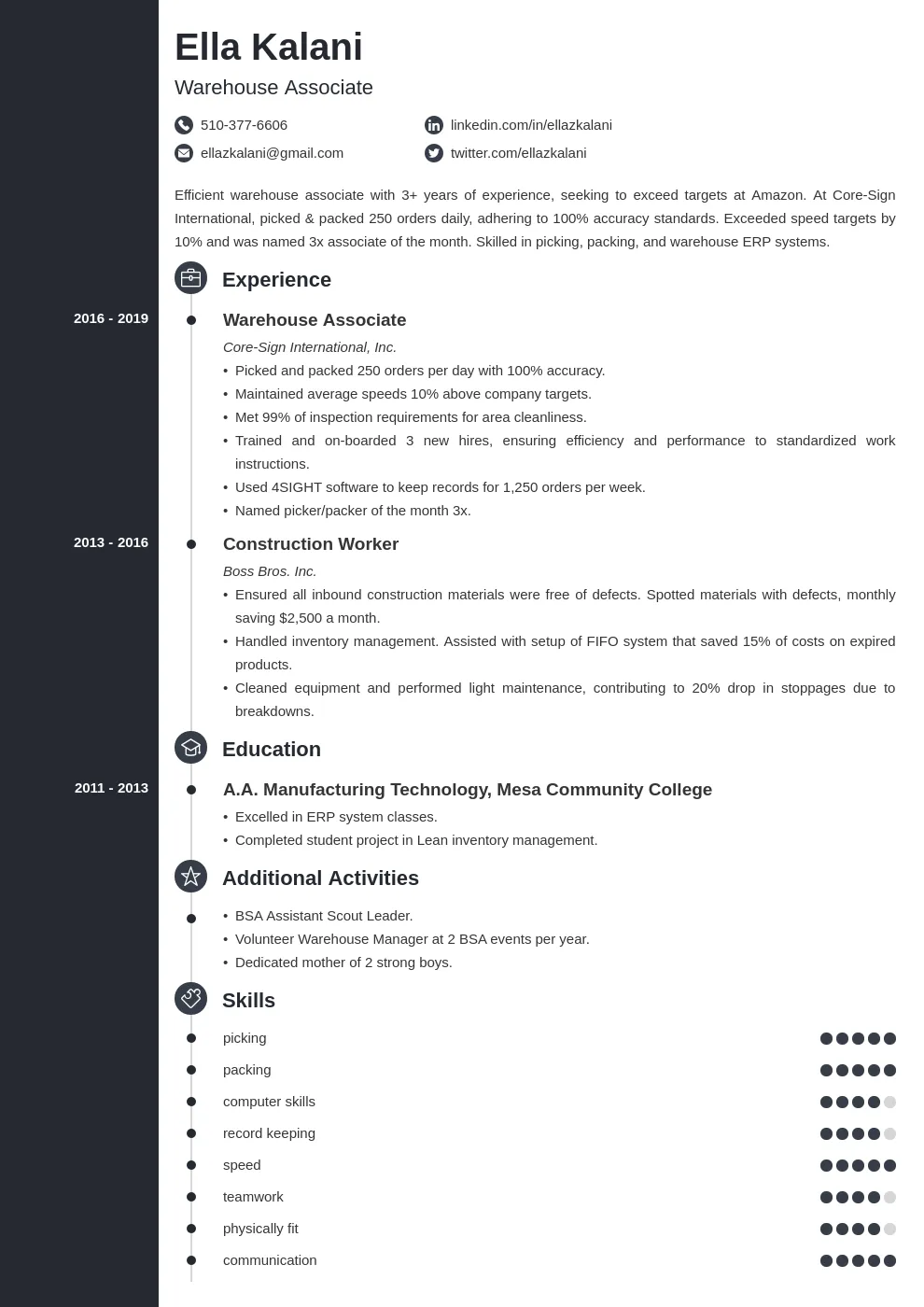
Maintain a professional tone throughout your cover letter. Avoid using casual language, slang, or overly familiar phrases. Be respectful, courteous, and enthusiastic in your writing. Proofread carefully to eliminate any grammatical errors, spelling mistakes, or typos. Use formal titles when addressing the hiring manager, and avoid using emojis or informal abbreviations. Your cover letter should reflect your professional demeanor and commitment to the job. A professional tone sets the right impression and can help you stand out as a serious candidate. It is a representation of your professionalism.
Proofreading and Editing
Proofreading and editing your cover letter is a crucial step to ensure it’s polished and error-free. Before submitting your letter, carefully read through it multiple times, looking for any grammatical errors, spelling mistakes, or typos. Consider asking a friend, family member, or career advisor to review your letter for a second opinion. They can often catch errors that you might have missed. Pay close attention to the flow and clarity of your writing. Make sure your sentences are well-structured and your ideas are presented logically. A cover letter with errors can create a negative impression and might undermine your chances of getting the job. Investing time in proofreading shows that you are detail-oriented and dedicated to presenting yourself in the best possible light.
Adding a Compelling Call to Action
End your cover letter with a compelling call to action that encourages the hiring manager to take the next step. Clearly state your interest in the position and express your enthusiasm for the opportunity. Suggest a specific action, such as requesting an interview or offering to provide additional information. Avoid generic closing phrases, such as “Thank you for your time.” Instead, use a more proactive approach. For example, you could say, “I am eager to discuss my qualifications further and would welcome the opportunity to interview for this position.” Be sure to thank the hiring manager for their time and consideration. A strong call to action leaves a positive impression and makes it more likely that the hiring manager will follow up with you.
Expressing Enthusiasm and Interest
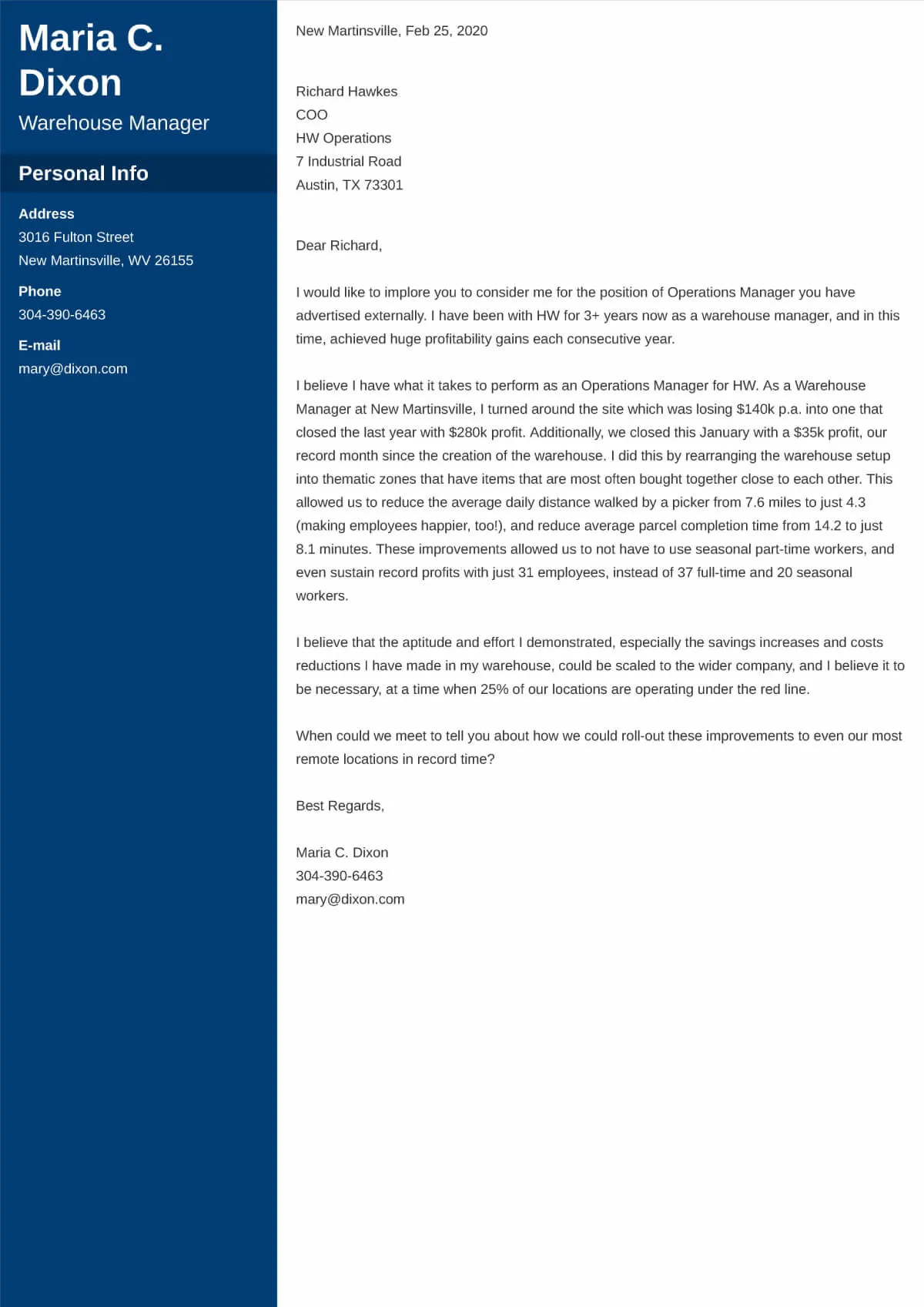
Your cover letter should convey your genuine enthusiasm for the position and the company. Let your personality and passion shine through in your writing. Mention specific aspects of the role, the company culture, or the industry that excite you. Explain why you are interested in working for this particular organization and what makes you a good fit. Avoid sounding generic or using a template. Instead, write a letter that reflects your genuine interest and personal connection to the opportunity. Your enthusiasm is a critical factor in the hiring process. It shows that you are motivated, engaged, and truly interested in the job. When expressing interest, be specific and provide details.
Following Up After Submission
After submitting your cover letter and resume, it’s a good practice to follow up with the hiring manager. This shows that you are proactive and interested in the position. Send a brief email or make a phone call a week or two after submitting your application. Reiterate your interest in the role and thank the hiring manager for their time. You can also ask about the status of your application and whether they need any additional information. However, avoid being overly persistent or contacting the hiring manager too frequently. Keep your follow-up brief, professional, and respectful of their time. Following up can help you stay top of mind and increase your chances of landing an interview.
